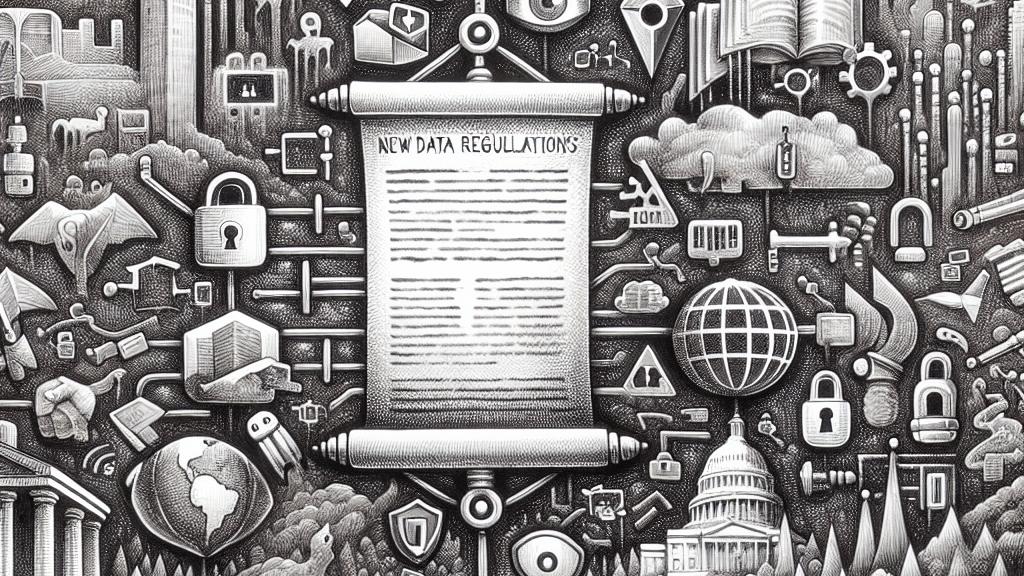US Government Proposes Ban on Transferring Citizen Data to Certain Countries
Overview
- The US government has proposed groundbreaking regulations aimed at blocking sensitive data transfers to specified adversarial nations.
- This initiative is designed to shield citizens' private data from potential exploitation by countries such as China and Russia.
- Businesses will be required to adhere to stringent compliance measures, facing serious penalties for noncompliance.

A Comprehensive Look at Proposed Regulations
On October 21, 2024, the Department of Justice made headlines by unveiling significant regulations aimed at halting the flow of sensitive data to designated 'countries of concern,' including Russia, China, Iran, North Korea, Venezuela, and Cuba. This bold initiative underscores a critical and urgent need to protect American citizens from potential misuse of their personal information. With rising incidences of cyberattacks and espionage tactics employed by these adversarial nations, the proposed rules specifically target the transfer of sensitive data such as biometric identifiers and financial records. Imagine a scenario where an adversary could leverage a citizen's genomic data to infringe upon their privacy or develop manipulative strategies. The overarching message stresses that the United States is committed to fortifying its stance on data privacy in the face of evolving threats.
Compliance Measures and Legal Obligations for Businesses
If these regulations are enacted, businesses engaging with sensitive U.S. data will see their operations transformed by rigorous compliance requirements. For instance, companies handling the genomic data of over 100 individuals will need to implement detailed reporting and verbose record-keeping practices, ensuring that no unauthorized transfers occur. Consider this: a tech firm processing health data must now take proactive steps to prevent any breaches, or face potential civil fines that could threaten its financial stability. The consequences for failing to comply could include criminal charges and substantial penalties, serving as a stark warning to all corporations. This initiative not only strengthens national security but also catalyzes a broader transformation in how companies approach data privacy and the ethical handling of personal information.
The Far-Reaching Impact on Data Privacy and Consumer Empowerment
The proposed ban on data transfers mirrors a significant nationwide trend toward enhanced data privacy regulations across various states. California, for instance, paved the way through its California Consumer Privacy Act (CCPA), which has since served as a model for similar laws sprouting up throughout the country. As a result, consumers will gain increased control over their personal information, with rights to opt-out of data sales, sharing, and profiling. Picture the empowerment a user will feel when they can actualize their rights in determining how their data is used—this is the future of consumer privacy. The growing emphasis on transparency and responsibility in data handling promises to redefine the relationship between citizens, corporations, and the government. Ultimately, these developments signal a foundational shift that prioritizes the safeguarding of personal privacy in an era marked by unprecedented digital integration.

Loading...